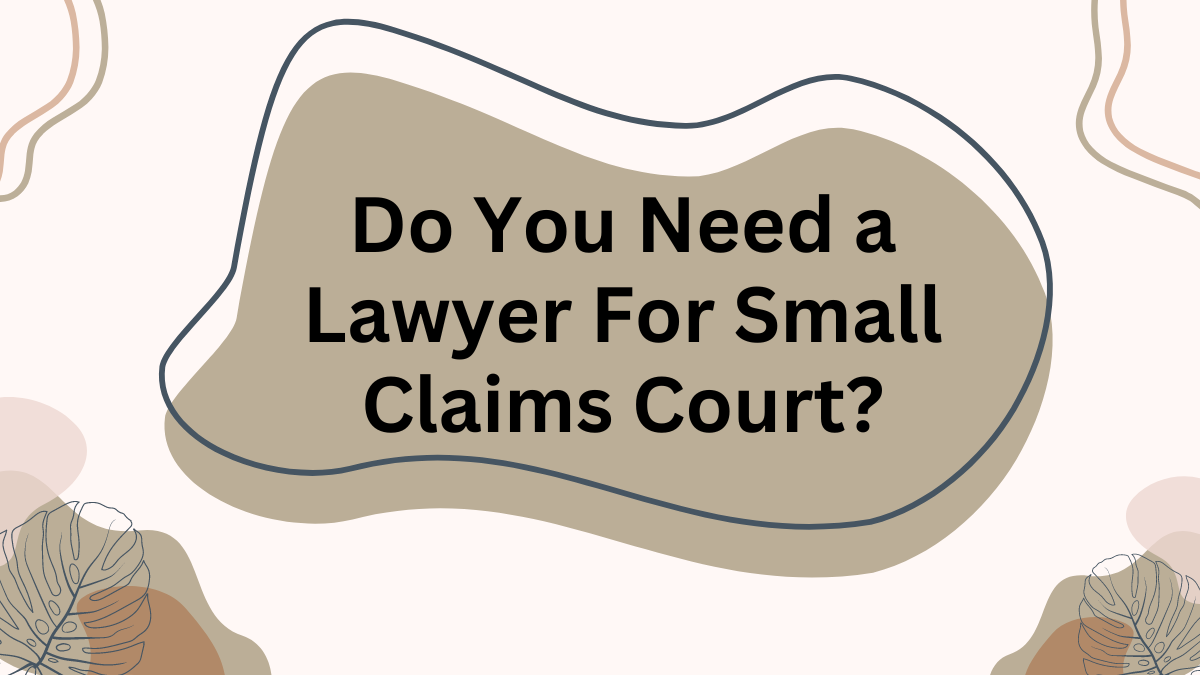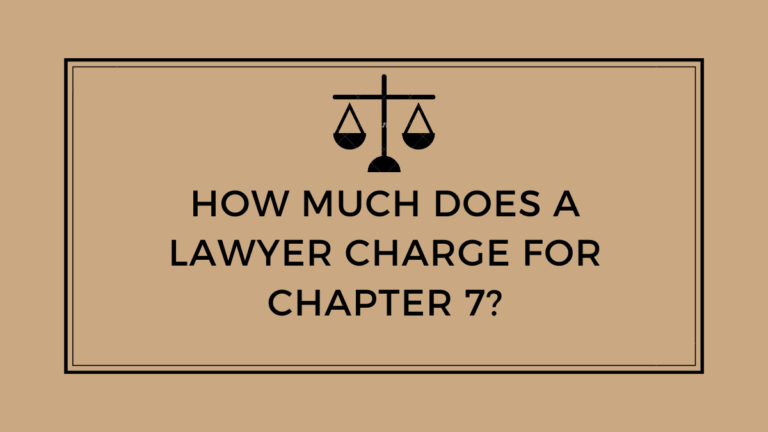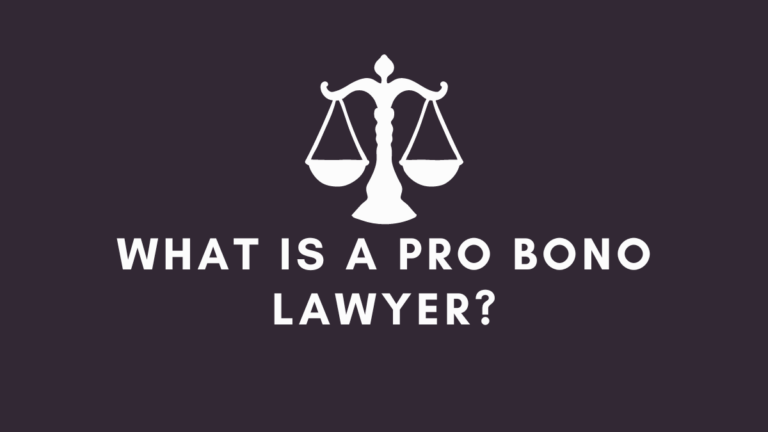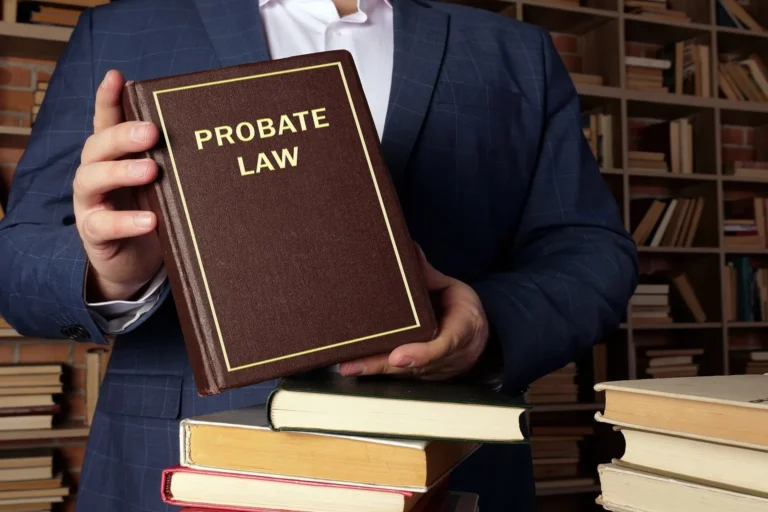Do You Need a Lawyer For Small Claims Court?
Small claims court is a court system designed to handle disputes that are not as serious as more serious courts, such as district or circuit courts. Small claims court generally has lower fees and less formal rules of procedure than other courts.
To file a claim in small claims court, you must have a dispute with someone else that is not too big or too small for regular court proceedings. The maximum claim amount in small claims court is $5,000. However, most claims only involve amounts up to $2,500.
To start the process of filing a claim in small claims court, you will need to gather some information about your situation. This includes the names and addresses of both parties involved in the dispute, a description of the dispute, and any witnesses who may have information related to it. You can also find this information on the county website where your case will be filed.
How Does It Work?
Small claims court is a streamlined legal system that allows people to resolve disputes without the need for an attorney. To participate in small claims court, you must file a claim with the court and serve your opponent with a summons.
The key part of small claims court is that you only need to prove your case based on the facts available to you. If you can prove your case by a preponderance of the evidence, the court will usually award you the amount you are asking for.
Types of Cases That May Be Settled In Small Claims Court
If you are considering filing a small claims case, there are a few things to keep in mind. First, small claims court is designed for cases where the total amount at stake is $6,000 or less. This means that most disputes between individuals and businesses won’t be resolved through small claims court.
Second, only personal injury lawsuits and contract disputes qualify as small claims cases. Third, you must file your lawsuit within two years after the alleged violation took place. If you lose your case, you may be required to pay the other side’s attorney fees.
If you have a dispute with someone over money, it’s important to know that small claims court is a suitable option for resolving the issue. The rules of small claims court are simpler than those of regular court, so there is less chance that you will end up in legal trouble if you don’t know what you’re doing.
And since the maximum award in a small claims lawsuit is only $6,000, even simple disagreements can quickly become expensive affairs. So if you’re looking for an easy way to resolve a disagreement without having to go through lawyers or go to court, small claims court might be the right option for you.
Who Can File a Case in Small Claims Court?
Small claims court is a civil court that handles disputes between individuals, businesses, and government entities. You don’t need a lawyer to file a case in small claims court, but you may want one if you have more complicated issues or if the defendant has more money than you do.
To take your case to small claims court, you will need to gather the following information: your name, the name of the person or company you’re suing, the amount of money you’re claiming (if it’s less than $10,000), and the date of the claim. You can file your case online or in person.
What Are The Limits on Damages Available in Small Claims Court?
In small claims court, the amount of money you can sue for is limited to $10,000. If the other person has assets worth more than that, you may have to go to court to get an award for your damages. You also can’t sue for punitive damages. And if one of the parties is a public entity, like a government or a school, the court may limit the amount you can claim.
What Are The Rights and Responsibilities of the Parties in a Small Claims Case?
In small claims court, the parties are typically the plaintiff and the defendant. The defendant is usually the person or business that allegedly violated the rights of the plaintiff. The plaintiff is responsible for filing a lawsuit in small claims court, and must provide sufficient evidence to support their claim. If the case is ruled in favor of the plaintiff, they may be awarded a sum of money, costs, or both.
The defendant has the right to attend court hearings and to oppose any motion made by the plaintiff. They also have the right to present witnesses and evidence on their behalf. If they lose their case, they may be required to pay damages, costs, or both.
Conclusion
In short, no. A law firm is not necessary for small claims court, although it can certainly help if you have a complex case or are unfamiliar with the process. In most cases, you will be able to represent yourself fairly well without an attorney.
However, should you encounter any legal challenges during your case that you cannot address on your own, hiring an attorney may be the best move for you.






